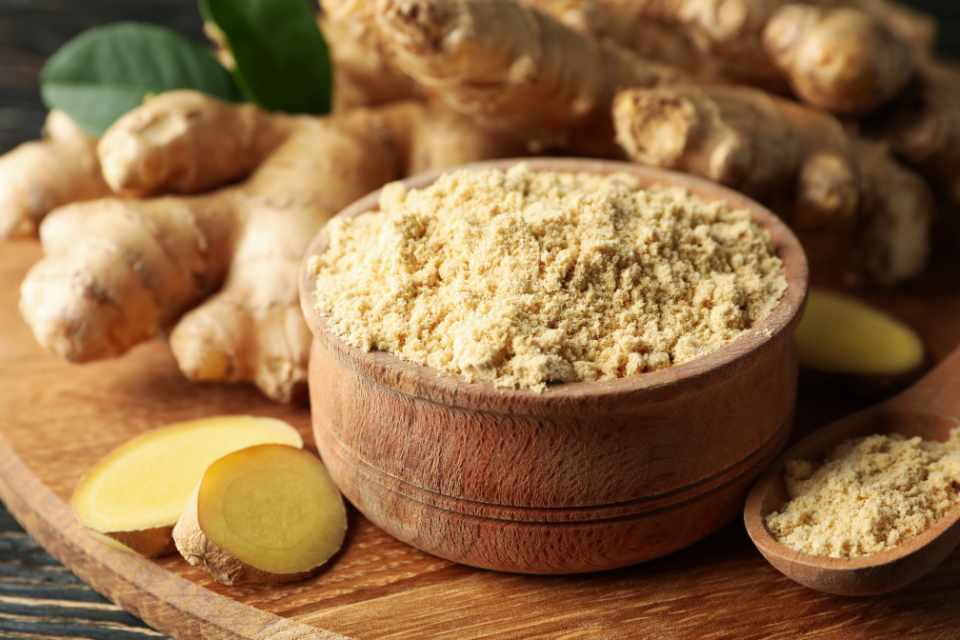The good news is that more than half of women report improvements in their migraines during pregnancy. Unfortunately, you won’t know if you are one of the lucky ones until you’re pregnant. Since migraine medication can be harmful to an unborn child, ideally it should be avoided in pregnancy. Yet, being without your migraine medications might be a scary prospect. Thank goodness there are several safe, non-pharmaceutical options that help prevent migraines.
Many migraine medications are most dangerous in the first trimester. This is a time when a woman can be pregnant without knowing. So, if you suffer from migraines it is important to plan ahead. When you’re planning to have a baby, consider ways to taper off your migraine preventers before your pregnancy begins.
Non-drug treatment options are considered safer during pregnancy. These can be started before the pregnancy. It is a good idea to get started early since some may take a few weeks or months to establish their benefits.
Avoid the number one migraine trigger
Stress is reported as being the number one migraine trigger. We might not be able to avoid stressful events but we can learn how to manage our stress. For instance, it is often how we perceive stress that determines how well we cope in a stressful situation.
Learning some relaxation techniques, such as yoga, deep breathing or meditation can help a lot. Making them part of a daily routine will help you manage your stress.
Rest and sleep
Fatigue is a common migraine trigger. In fact, pregnancy itself can make you feel tired. So, if you can, get plenty of rest.
This also extends to sleep. Make getting enough sleep a priority rather than a luxury.
Food and drink
Some migraineurs report certain foods as triggers for their migraines. You might already suspect that some foods trigger your migraines. I often recommend keeping a food diary. This can really help to pinpoint individual food items.
There are some common trigger foods or food ingredients that you might want to avoid. These include monosodium glutamate, processed meats and fish, cheese and other dairy products, aspartame and alcohol.
Adequate hydration can also help to prevent migraines. So ensure you are drinking enough fluids. Remember that these vary based on your local weather conditions and level of exercise.
Skipping or delaying meals is a common migraine trigger. Try to stick to regular mealtimes. This is also a good time to get into the habit of carrying a healthy snack with you, just in case.
Give acupuncture a try
A 2016 Cochrane Database Systematic Review concludes that acupuncture may be at least as effective as treatment with migraine preventing drugs for reducing migraine headache frequency. In addition, those people that had acupuncture treatment were less likely to report any adverse side effects than those that were given prophylactic drugs. So it makes sense to give acupuncture a try during the time that you are tapering off your migraine prevention medication.
Acupuncture is considered safe during pregnancy. Clinical research proves that acupuncture is safe and effective during pregnancy and labour.
Vitamins and migraine prevention
The dietary supplement riboflavin, also known as vitamin B2, has been described as a safe and effective prophylactic therapy for the prevention of migraines. This study found that riboflavin prevented migraines at the dose of 400mg/day, with only mild side effects, such as diarrhoea and bright, yellow urine. However, I could not find any studies on riboflavin for migraine prevention specifically during pregnancy.
Rich food sources of riboflavin include eggs, liver, lean meats and milk. This important vitamin is also often used to fortify cereals and grain products. However, dietary sources are unlikely to provide anything like the 400mg/day used in studies.
Deficiency of riboflavin is possible but uncommon, yet riboflavin deficiency during pregnancy can increase the risk of pre-eclampsia.
On the other hand, higher dietary riboflavin of a mum is associated with better birth weight and growth of her baby. In addition, due to it’s very low risk of toxicity there is no established upper safe limit for riboflavin.
So, I hope I have shown that there are several non-drug options that may help to reduce the frequency of migraine headaches. If you suffer from migraines and are planning a pregnancy, it is also advisable to start planning how you will manage your migraine prevention. Finding out what triggers your migraines is a good place to start.
If you liked this article, you might also like my post:








0 Comments